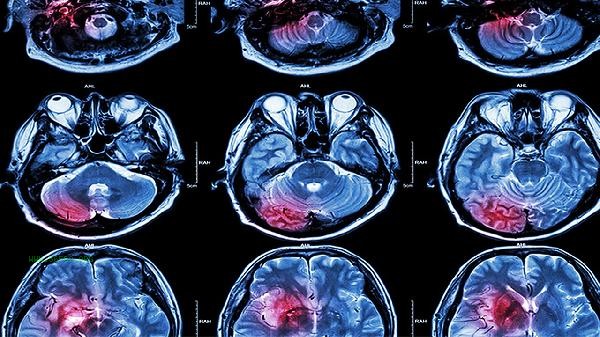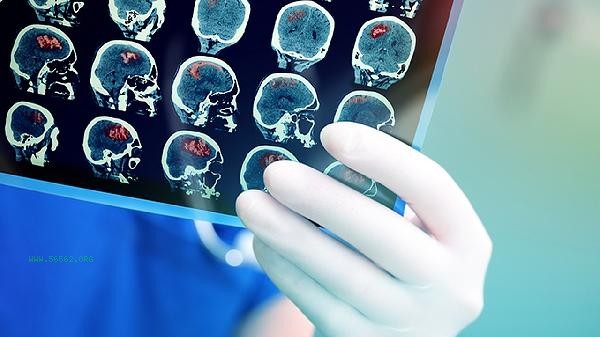Growth hormone is mainly secreted by the anterior pituitary gland, not the hypothalamus. The hypothalamus regulates its secretion by secreting growth hormone releasing hormone and somatostatin, which are influenced by factors such as sleep quality, exercise intensity, nutritional status, aging, and disease factors.

1. Secretion source:
The direct secretion organ of growth hormone is the eosinophils in the anterior pituitary gland. The hypothalamus, as a regulatory center, transmits growth hormone releasing hormone and somatostatin to the pituitary gland through the portal system, with the former promoting secretion and the latter inhibiting secretion. This hierarchical regulation mechanism ensures that growth hormone levels are maintained within physiological ranges.
2. Sleep effects:
The deep sleep stage is the peak period of growth hormone secretion, especially the third stage of non rapid eye movement sleep. Sleep deprivation or disrupted sleep structure can lead to a 30% -50% decrease in secretion, which is also one of the reasons why ensuring sufficient sleep in children is crucial for growth and development.
3. Exercise stimulation:

High intensity anaerobic exercise can stimulate a short-term increase of 2-3 times in growth hormone, and aerobic exercise lasting for more than 30 minutes also has a promoting effect. However, excessive training can lead to an increase in cortisol, which in turn inhibits the secretion of growth hormone. It is recommended to adopt intermittent training.
4. Nutritional regulation:
Protein intake, especially amino acids such as arginine and lysine, can promote secretion, while hyperglycemia can inhibit secretion. It is recommended to maintain an appropriate amount of protein intake during the growth and development period, avoid falling asleep immediately after meals, and take advantage of the natural secretion peak at night.
5. Pathological factors:
Pituitary tumors may cause excessive secretion of growth hormone, leading to acromegaly, while insufficient secretion in childhood can cause dwarfism. Hypothalamic damage, hereditary growth hormone deficiency, and other conditions can also affect secretion, and such situations need to be diagnosed through professional examinations such as insulin stimulation tests. Maintaining a regular schedule and moderate exercise can help optimize the rhythm of growth hormone secretion. It is recommended to ensure 7-9 hours of high-quality sleep per day, prioritize resistance exercises such as squats and sprints, and pay attention to supplementing high-quality protein such as dairy products and fish in the diet. After the age of 40, the natural secretion of growth hormone decreases by about 15% annually, making it even more important to avoid staying up late and excessive dieting. When abnormal growth and development or adult limb hypertrophy symptoms occur, timely pituitary MRI examination and hormone level testing should be performed.










Comments (0)
Leave a Comment
No comments yet
Be the first to share your thoughts!